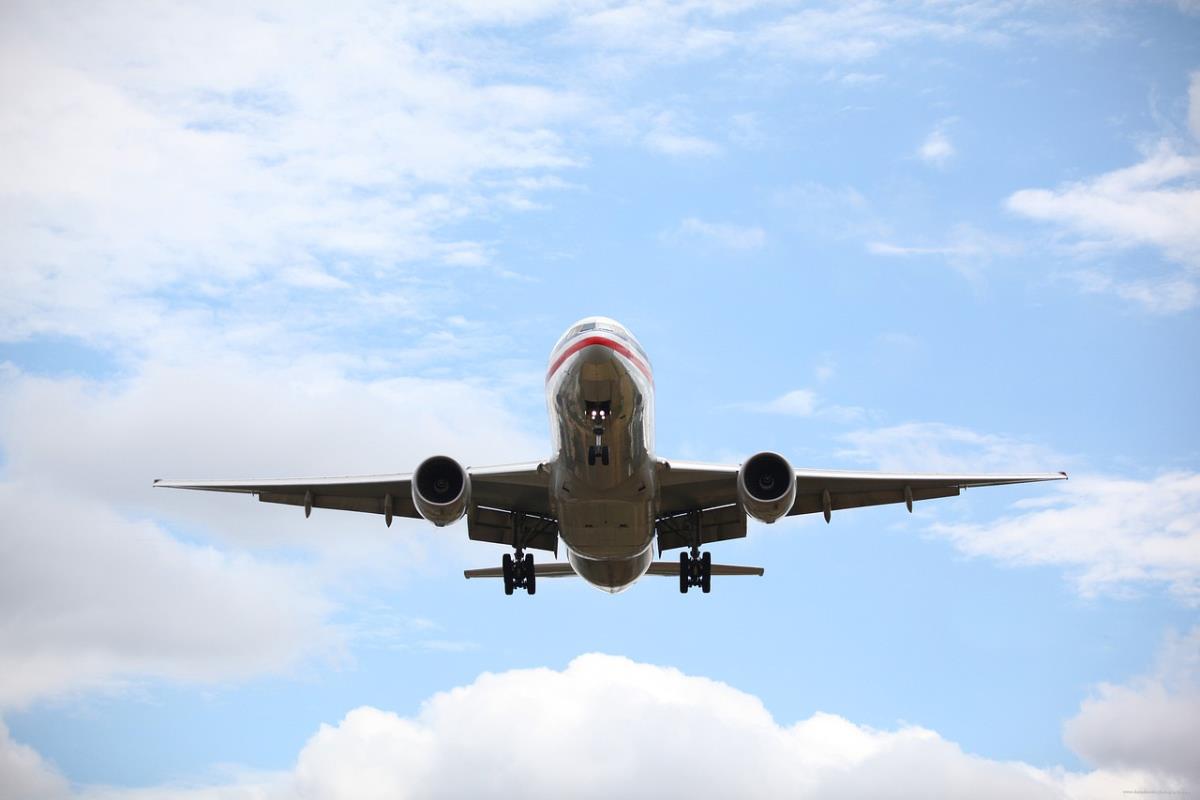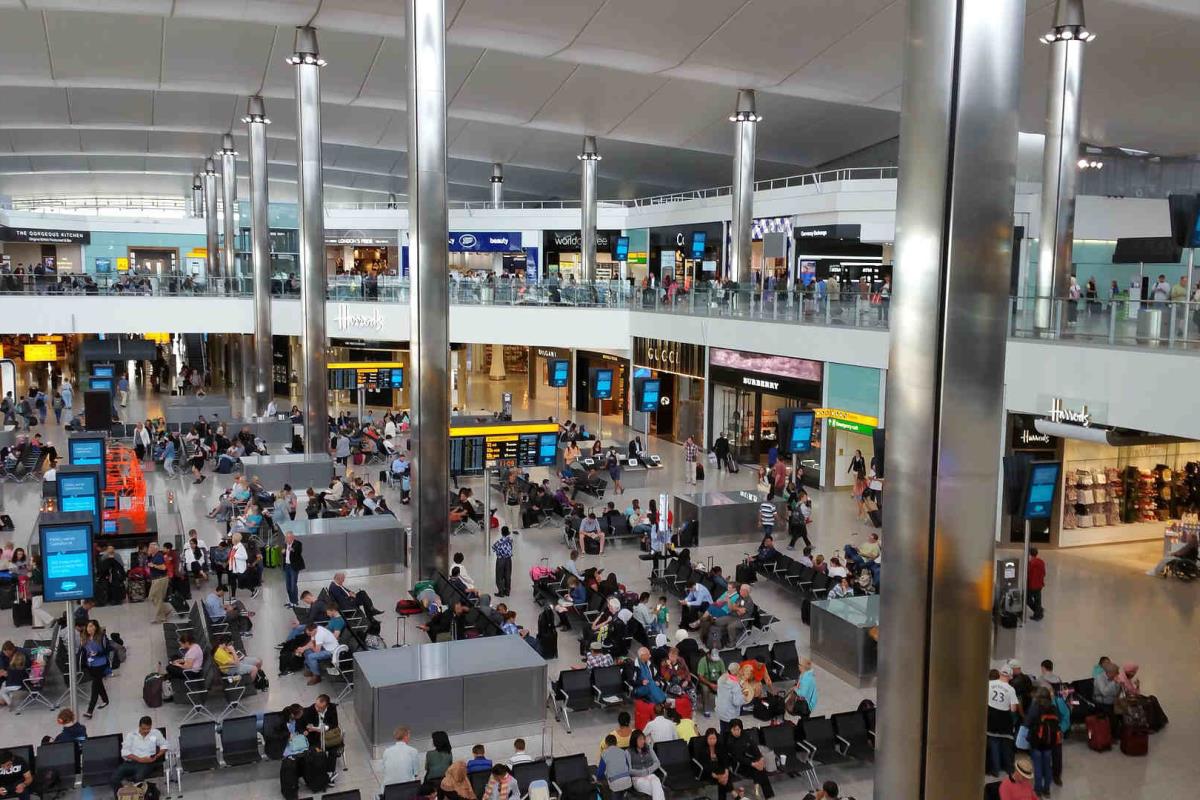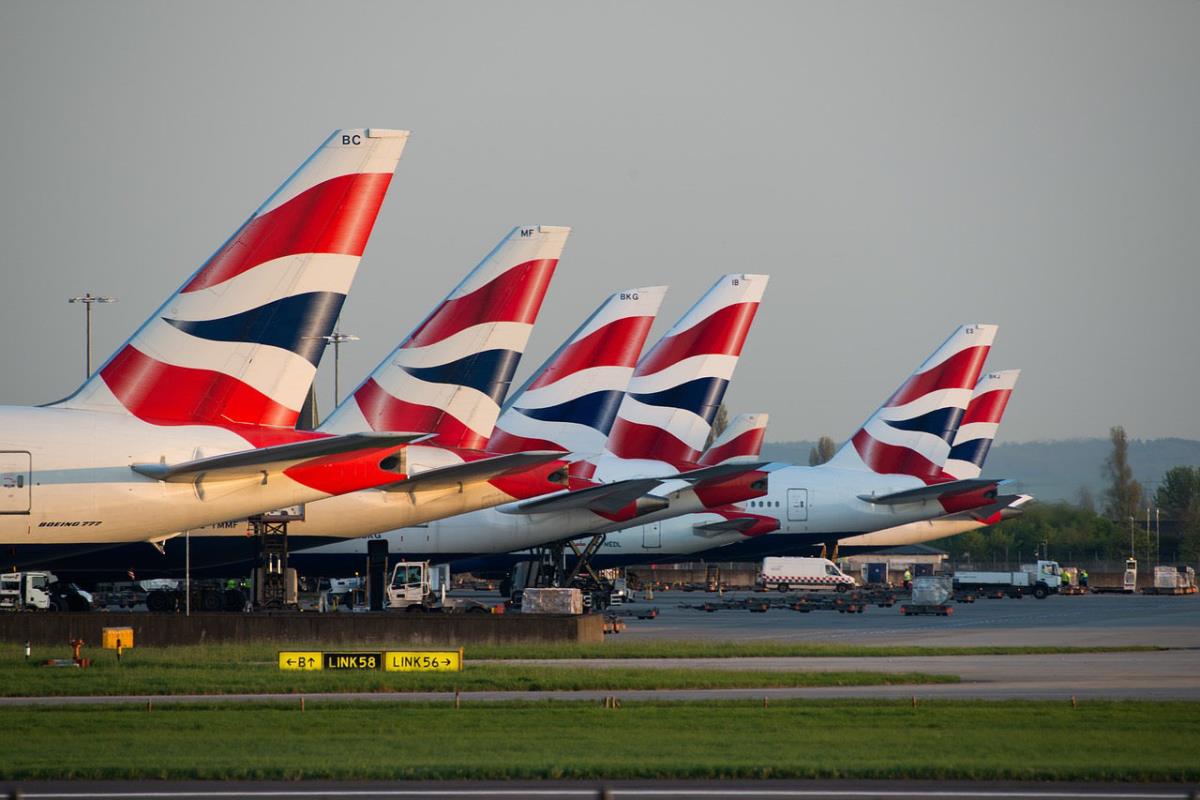
The UK's largest train operator, GTR, which runs Southern and Thameslink services, has faced heavy criticism following its decision to cancel all trains at most stations along the south coast on the day of the 50th Brighton Pride. Thousands of people are expected to attend this iconic event over the weekend, making the cancellation a hot topic of discussion and sparking furious backlash from people in Brighton and beyond.
The train cancellations were attributed to an overtime ban by drivers represented by the ASLEF union. However, it's worth noting that in the past, similar overtime bans did not lead to complete service cancellations. This particular decision by GTR sparked outrage, as it was seen as a failure on the part of the train operator to plan adequately for the major event.
One former Hove MP, Ivor Caplin, took to X to express his frustration with GTR, calling the organisation "pathetic" and demanding the resignation of its CEO. Council leader Bella Sankey said "they [Brighton & Hove City Council] convened emergency talks with GTR & our emergency services partners yesterday [August 2nd] morning to try and obtain a different outcome but GTR are adamant that they want to cut #Brighton off completely on Saturday."
Despite the transportation setback, the organisers of Brighton Pride were resolute in their determination to continue with the celebrations. Brighton Pride commemorates 50 years since the first protest march, and the event holds great significance for the LGBTQ+ community. The cancellation of trains created challenges for attendees, but the spirit of campaigning and partying prevailed.
GTR expressed its deep regret over the decision, with Chris Fowler, Network Operations and Performance Director, stating that they explored all possible options before arriving at this difficult choice. The train operator consulted with the police, emergency services, and local council before determining that running a safe service with sufficient capacity for the enormous number of Pride attendees would be unfeasible. The primary concern was the potential for thousands of people to be stranded in Brighton if they could not find transportation back home.
Trains running from London towards Brighton were either terminated at Three Bridges or redirected by Horsham towards Barnham. Additionally, many stations between Angmering and Balcombe, including Ashford International, saw disruptions with no trains running until Sunday.
The ASLEF union, which represents train drivers, condemned GTR's decision, describing it as a "deliberate and vindictive move" that unfairly targeted the LGBT+ community. The union stated that GTR had ample time to address the issue, but instead blamed the overtime ban for its shortcomings in providing a robust service.
GTR did consider alternative options, including the use of replacement buses. However, due to logistical challenges, securing enough replacement buses proved to be unviable.
Share this story:
Tweet








